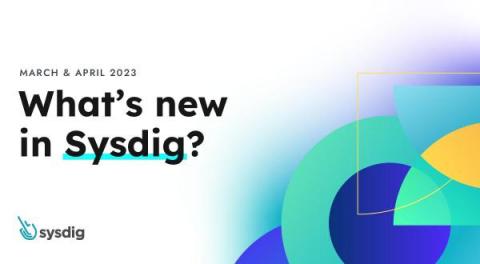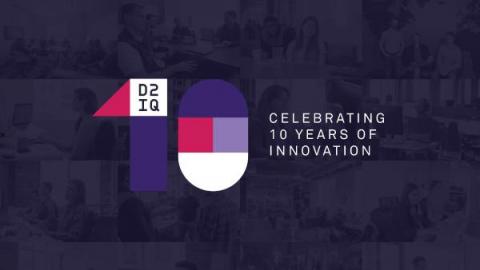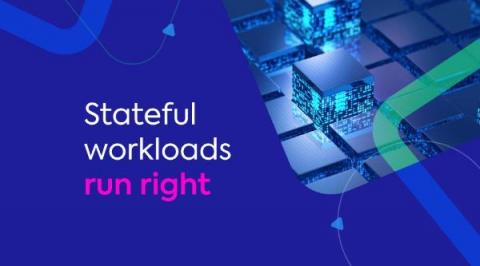How Cloud Native Can Reduce the Cost of Machine Learning
As engineers, we tend to pride ourselves on building a production-first mindset and operational excellence. According to a recent survey, 74% of executives believe that AI will deliver more efficient business processes, while 55% think that AI will help develop new business models and create new products and services. However, the reality is that 85% of ML projects fail to deliver, and 53% of machine learning prototypes don't make it to production.











